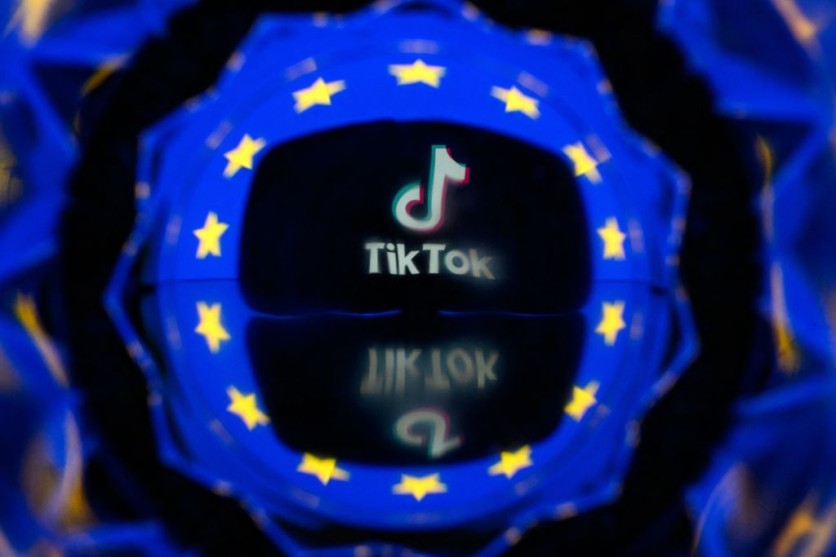Under the Digital Services Act (DSA), the European Commission has requested information from TikTok and YouTube on their child protection procedures.
The deadline for the tech giants to reply to the Commission's demands, which center on child safety, is November 30. Regulators will then evaluate the following actions, which can include initiating official inquiries.
"The Commission is requesting the companies to provide more information on the measures they have taken to comply with their obligations related to the protection of minors under the DSA, including the obligations related to risk assessments and mitigation measures to protect minors online, in particular concerning the risks to mental and physical health, and on the use of their services by minors," the Commission noted in a press release, as quoted by TechCrunch.

Strict Enforcement of New Law
According to a Reuters report, EU industry chief Thierry Breton demands explanation from TikTok and YouTube on their efforts on safeguarding children from harmful and unlawful content in line with the DSA. Last month, he asked TikTok to provide specifics about its actions in protecting minors and election integrity on its platform.
A governance framework for platforms' responses to allegations of unlawful items or content is established by the DSA. Bigger platforms have more duties, such as those about algorithmic features like recommender engines. To protect the security and welfare of children, this involves carrying out risk assessments and mitigations. Additionally, the law expressly prohibits targeting minors with advertisements.
Verified violations of the DSA may result in penalties of up to 6% of the worldwide yearly revenue. In addition, there may be penalties for not providing the requested data.
This action coincides with increased EU inspection of internet companies on several fronts, such as child safety, misinformation, and the distribution of illicit products.
The Commission has already contacted Meta and X (formerly Twitter) to inquire about their responses to the conflict between Israel and Hamas.
EU Also Targeting Illegal Items Being Sold Online
Moreover, the European Commission is investigating China's AliExpress to see whether it adheres to the Digital Services Act, which mandates platforms to combat unlawful items, including bogus pharmaceuticals, as per a report from France 24.
The Commission will investigate AliExpress's rules for preventing unlawful sales of goods. The Commission will also look into whether AliExpress is fairly paying customers who have been injured by purchasing harmful or counterfeit goods, as well as how it handles allegations of illicit items.
The Commission may punish AliExpress up to 6% of its yearly worldwide revenue if it determines that the business violates the DSA.
The EU is making a larger effort to clamp down on the online selling of illegal items, and this includes a probe into AliExpress. Aside from Amazon and eBay, the Commission has also opened inquiries into other significant online marketplaces.
The EU's first significant piece of legislation to combat the influence of internet companies is the DSA. It's intended to give regulators more authority to hold businesses accountable and safeguard consumers.
The Digital Markets Act (DMA), the sister legislation of the DSA, imposes harsher restrictions on how TikTok and YouTube may do business. The EU designated these 22 services in September. By March 2024, businesses must adhere to the DMA in its entirety.
Related Article: Big Tech Companies Team Up to Protect Children from Online Abuse

ⓒ 2025 TECHTIMES.com All rights reserved. Do not reproduce without permission.




